The Trademark Trial and Appeal Board of the United States Patent and Trademark Office issued the ruling late last week, as noted by MacRumors.
Apple filed for the trademark on January 9, 2007, the day the original iPhone was unveiled. The company quickly took its campaign for the trademark overseas, even as analysts foresaw the creation of a "mega-platform" around the new technology.
The examining attorney at the USPTO denied the original application on the basis that the proposed mark is "merely descriptive of applicant's goods." Apple then submitted an amendment arguing that the multi-touch term had "acquired distinctiveness." But, the examiner disagreed with the characterization and stuck to the initial ruling.
The Cupertino, Calif., iPhone maker subsequently appealed to the Trademark Trial and Appeal Board. The Board held a hearing in April and ultimately refused the appeal, citing the precedent that "“the greater the degree of descriptiveness the term has, the heavier the burden to prove it has attained secondary meaning.â€
The ruling upheld the fact that the multi-touch term is "highly descriptive" and noted that Apple had submitted insufficient evidence to establish "acquired distinctiveness" of the mark.
Apple's claim to the trademark was undermined in part because, after the release of the iPhone, rival handset makers quickly added multi-touch functionality to their own products. Though Apple was the first to use the "multi-touch" name and sought to trademark it as its own, the term's distinctiveness was diluted by its immediate adoption as a generic term for the technology.
For its part, Apple asserts that "touchscreen" and "capacitive" are the generic terms for the input technology and "multi-touch" is the company's proprietary name for it. Apple also asserted that three other smartphone makers have trademarked the touch screen features of their devices, but the Board viewed that fact as having little relevance to whether the mark in question was merely descriptive.
Though Apple has been unsuccessful in its efforts to trademark "multi-touch," it has been more effective at attaining patents related to the technology. In 2009, Apple was awarded a 358-page patent relating to the iPhone interface and multi-touch technology. Last October, the company received approval for a batch of multi-touch-related patents.
Also, patent experts noted that a broad multi-touch patent granted to Apple in June may allow it to "bully" its rivals. One report called the patent a "huge blow" to the company's rivals, such as HTC, Samsung, Motorola, Research in Motion and Nokia.
Apple has asserted some of its multi-touch patents against competing handset makers alleging that their touchscreen smartphones are in violation of its intellectual property.
The company has also had to defend itself from claims that its multi-touch technology infringes on others' patents. Taiwanese touchscreen maker Elan Microelectronics sued Apple last year, accusing the company of "knowingly and deliberately" infringing on its patents through its MacBook trackpads and Magic Mouse product. A judge with the International Trade Commission ruled in April that Apple had not violated the patent.
 Josh Ong
Josh Ong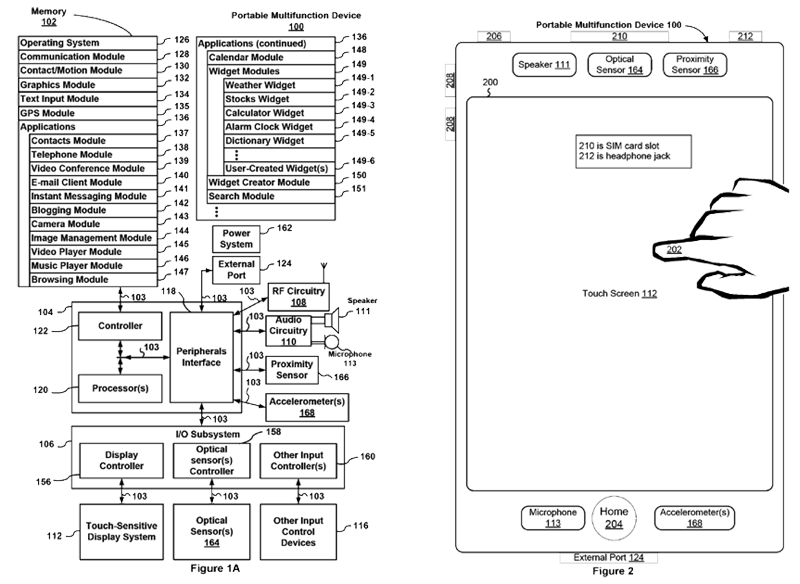







-m.jpg)






 Marko Zivkovic
Marko Zivkovic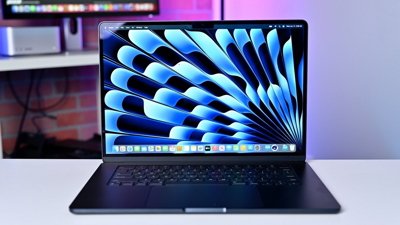
 Wesley Hilliard
Wesley Hilliard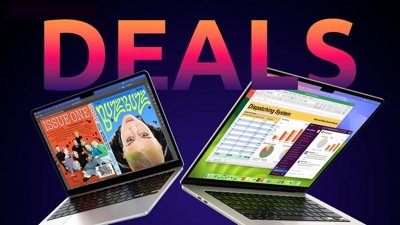
 Christine McKee
Christine McKee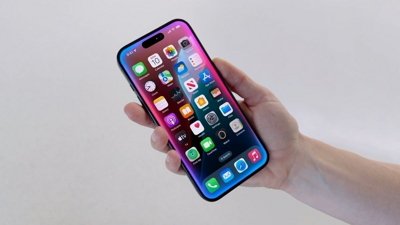
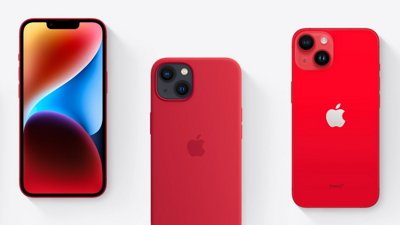
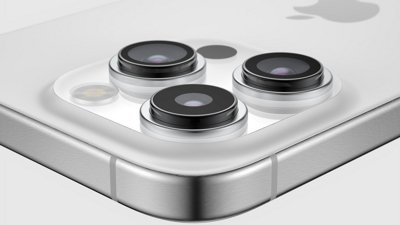
 Malcolm Owen
Malcolm Owen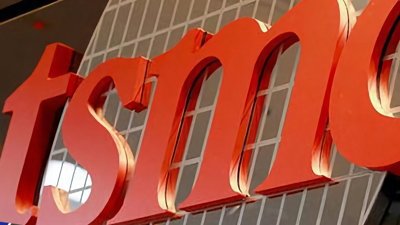
 William Gallagher
William Gallagher
 Andrew O'Hara
Andrew O'Hara

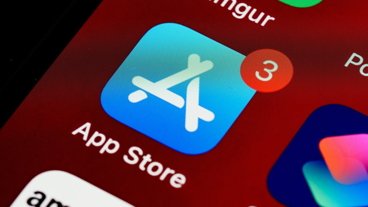





51 Comments
Unlike say ... Windows? (reference to why I joked about this for Ireland http://apple.slashdot.org/story/11/0...-So-Is-Windows
Out of interest, how many true multi-touch systems exist in the market place.
Unlike say ... Windows?
Out of interest, how many true multi-touch systems exist in the market place.
Your point would be valid if Microsoft sold actual windows.
A good ruling. This time I think Apple was totally wrong.
At least Apple got the patent on the technology. That's far more important.
"?the greater the degree of descriptiveness the term has, the heavier the burden to prove it has attained secondary meaning.?
I got this in a fortune cookie yesterday!
Seriously though, I think this is the right ruling. Imagine if every keyboard manufacturer was sued because their customers use more than one finger at a time.
Bad example, but I'm reaching!